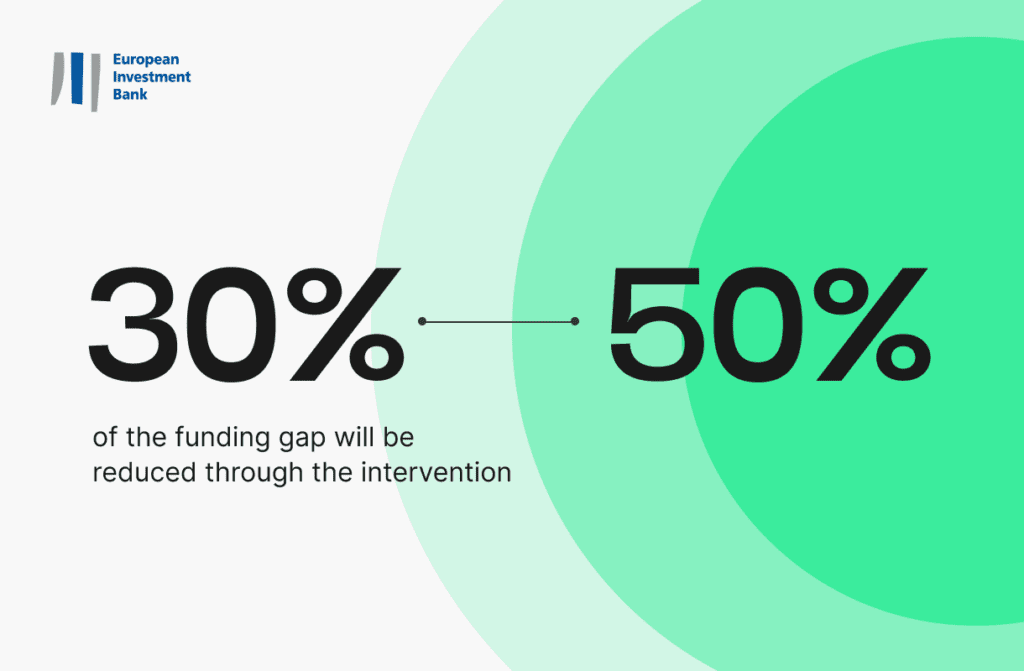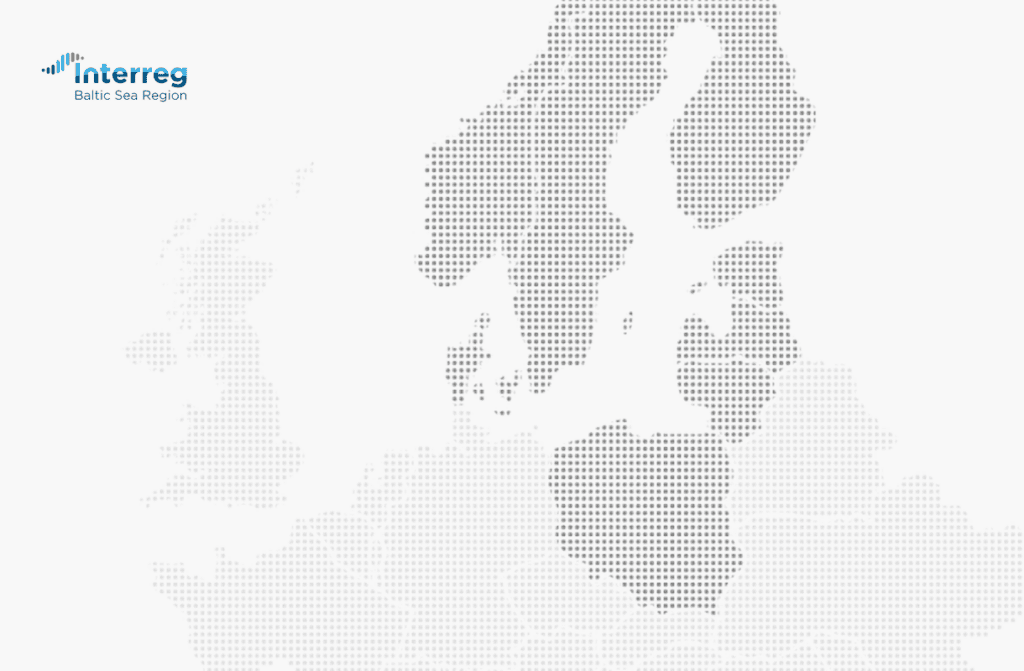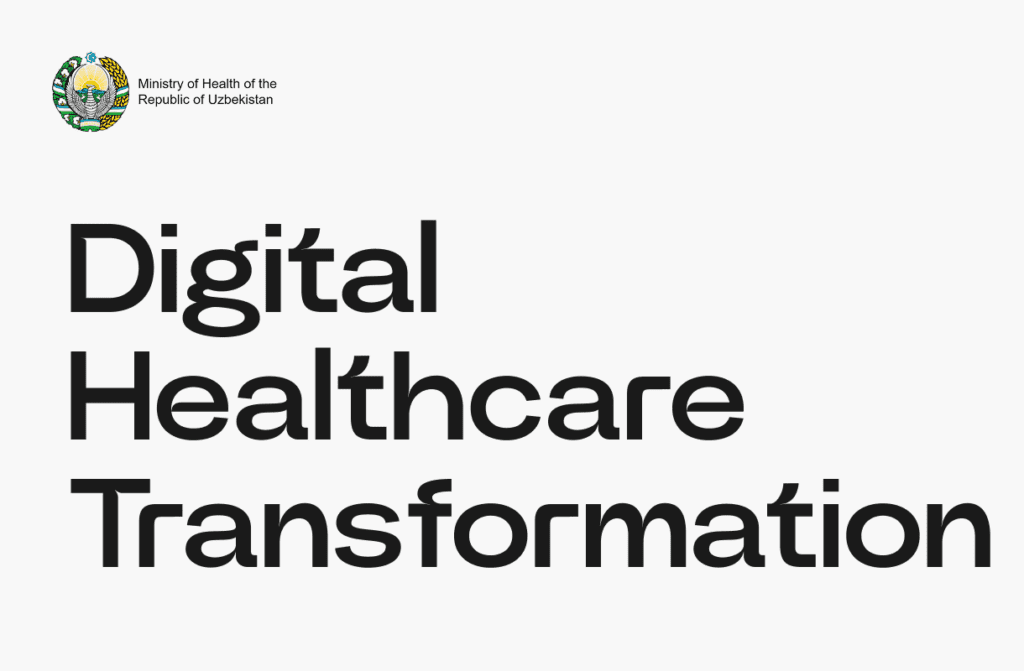European Commission — Advancing Ukraine’s Circular Economy for EU Integration
Client
The European CommissionThe background:
The resource-intensive nature of the Ukrainian economy offers great potential for integrating circular economy principles into various areas such as waste management. By maintaining product value and utility through innovative business models, circular economy approaches will reduce landfill waste, preserve ecosystems, and decouple resource consumption. Ukraine’s European integration serves as another catalyst for developing its circular economy strategy. As Ukraine aligns with EU standards across sectors, it must establish a circular economy regulatory framework to enhance its waste and resource management, environmental protection, and climate neutrality legislation.
Key challenges include harmonising legislation with Green Deal and other EU standards, resolving regulatory terminology ambiguities, improving coordination between central and local executive authorities, and enhancing public-private partnerships. Developing circular value chains, establishing business incentives, promoting innovation in closed-loop systems, and expanding waste recycling and secondary resource markets are crucial steps towards Ukraine’s sustainable future and EU integration.
Aim of the project:
The objective of the project is to promote a circular economy and sustainable production and consumption in Ukraine through the creation of a Circular Economy Strategy and Action Plan, to contribute to transforming the Ukrainian economy to be more sustainable, resource-efficient and competitive. The project involves several main steps:
- Conduct an initial background study of the Ukrainian economy, focusing on waste generation and identifying the key sectors for transformation.
- Analyse and map the current status of the circular economy in the country, including policies, legislation, key actors, private sector activities and barriers.
- Hold consultations with sectoral experts to discuss the prospects for the development of the circular economy.
- Identify potential opportunities for transition to a circular economy in specific sectors and evaluate the impacts they may have.
- Define appropriate financing sources for the transition, and create a public procurement strategy.
- Organise an interagency working group to assess the findings and integrate them into the strategy.
- Conduct economic modelling (simulation) of national policies in terms of their influence on circular economy prospects.
- Develop the National Circular Economy Strategy and Circular Economy Action Plan.
Developing a circular economy strategy is essential to building an environmentally sustainable and efficient economy in Ukraine. By bringing Ukraine’s policies and economy into compliance with EU standards toward waste and resource management, environmental protection and climate neutrality, it seeks to lessen the negative environmental effects of significant economic activity and foster Ukraine’s EU Integration.
Services provided:
- Desk research.
- Data collection from the Government of Ukraine.
- Research and map of the current situation of the circular economy in Ukraine.
- Identification of potential opportunities for transition.
- Engagement with key stakeholders, external experts, and professionals related to the field.
- Legal analysis and recommendations.
- Economic modelling (simulation).
- Development of the Document of the National Circular Economy Strategy and Circular Economy Action Plan.
- Management of communication activities – video production, organisation of events, conferences, round tables.
- Providing training, capacity building, and development of procurement guidelines.
- Preparation of project fundraising activities.
Project results:
The newly created Circular Economy Strategy represents a significant milestone in advancing Ukraine’s sustainability efforts and accelerating its integration with the European Union, fostering economic growth, environmental protection, and resource efficiency. Modelling the implementation of circular economy principles has demonstrated a positive impact on GDP growth, job creation, and CO2 emissions reduction. It resulted in the development of a National Circular Economy Strategy and Action Plan for Ukraine, which will be integrated into the country’s main national strategies.
The sector-specific insights and actionable recommendations will drive sustainable growth across Ukrainian agriculture, food production, construction, waste recovery (plastic, batteries, household waste), and industry sectors. The project also identified the most effective financing sources contributing to the creation of an exceptional financial framework that will support the circular economy transition.






